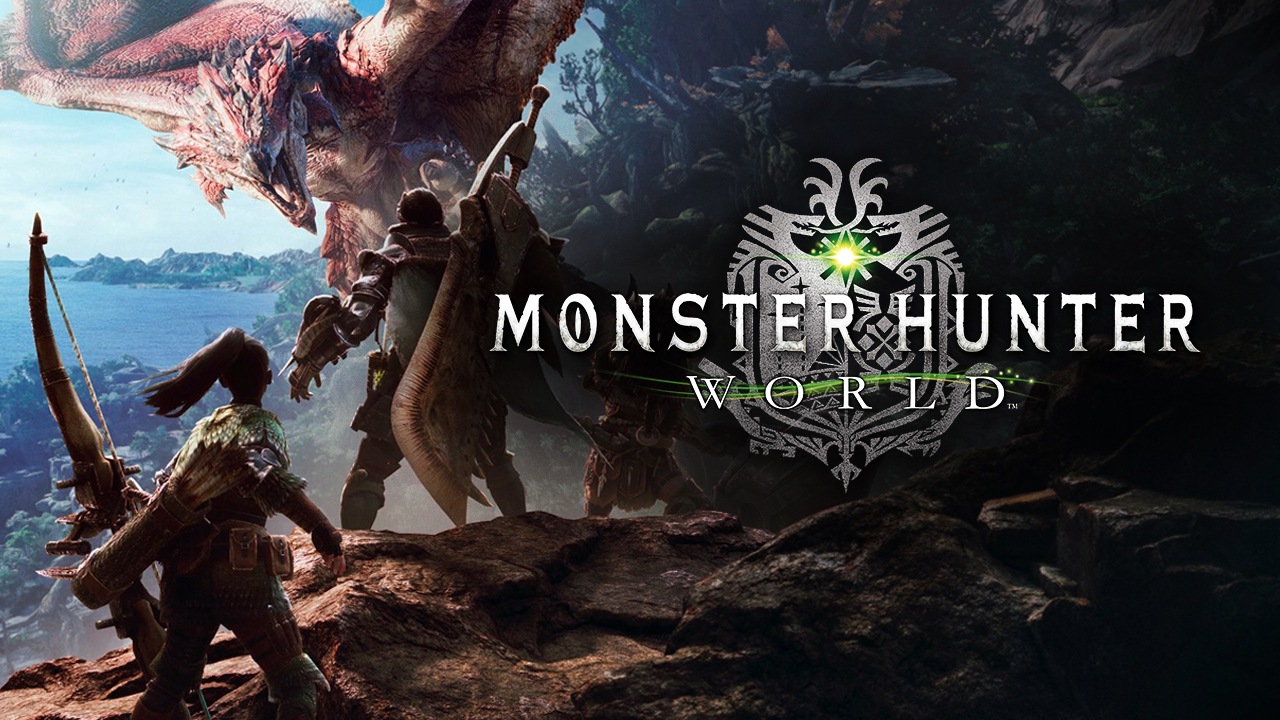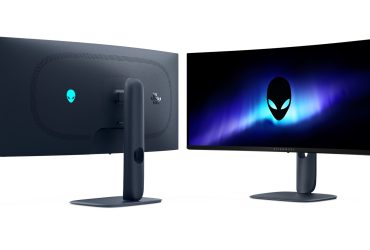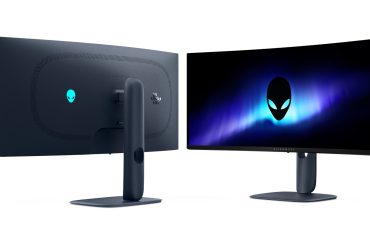

When Monster Hunter: World dropped, it wasn’t just another game release – it was a seismic shift for Capcom. This action-packed beast-hunting adventure took the series to new heights, both critically and commercially. Not only did it revitalize a beloved franchise, but it also changed Capcom’s future forever.
If you want to dive into the massive world of Monster Hunter: World and see what all the fuss is about, over at Eneba – Monster Hunter: World Steam key price is actually a steal – way less than the blood, sweat, and tears Capcom put into this game.
From Nieche to World
Before World, the Monster Hunter series was a huge hit in Japan but struggled to make waves outside of it. Then came Monster Hunter: World, a game that not only made the series more accessible but also managed to keep the depth and complexity that fans loved.
Capcom’s efforts to make the game more approachable to newcomers paid off. Monster Hunter: World sold over 20 million copies worldwide, making it Capcom’s best-selling game of all time.
This massive success changed Capcom’s trajectory, proving that the company could create a globally popular franchise. It allowed Capcom to break out of its niche and become a dominant force in the gaming world, appealing to both hardcore fans and casual players alike. With its stunning visuals, deep combat mechanics, and accessible gameplay, Monster Hunter: World bridged the gap between the East and West, bringing the series to a mainstream audience.
Revolutionizing the Monster Hunter Formula
One of the reasons Monster Hunter: World succeeded where previous entries hadn’t was its ability to modernize the gameplay without losing its soul. The game’s combat was faster, more fluid, and the addition of an open world allowed for a more immersive experience. Gone were the cramped, segmented levels that characterized earlier entries. Instead, World introduced large, interconnected environments that made hunting monsters feel more dynamic and organic.
But the game didn’t stop at accessibility. World kept the challenging mechanics that made the series so addictive, offering players a wide range of weapons, monster behaviors, and combat tactics to master. This delicate balance between ease of entry and depth for veterans made Monster Hunter: World appealing to a broader audience. It wasn’t just a game you played once and put down—it was a game you kept coming back to.
The success of Monster Hunter: World had an immediate financial impact on Capcom. Not only did it sell millions of copies, but the game’s popularity extended well beyond the base game with constant updates, DLC, and an expansion, Iceborne. This steady stream of content kept players engaged long after the game’s initial release, ensuring that Capcom’s revenue from the game remained strong.
The financial success of Monster Hunter: World gave Capcom the resources to reinvest in other major franchises, like Resident Evil and Devil May Cry. It was a major turning point for the company, showing that Capcom could create global blockbusters that appealed to gamers worldwide.
This financial boom allowed Capcom to expand its horizons, resulting in a wave of critically acclaimed releases that solidified the company’s place in the upper echelons of the gaming industry.
What’s even more important than World‘s commercial success is how it reshaped Capcom’s strategy. Capcom shifted its focus toward creating games that could appeal to a global audience. No longer would they rely solely on niche Japanese markets. Instead, they embraced the idea of creating big, open-world games that could offer both accessibility and depth, not just in Japan but across the world. Monster Hunter: World was the cornerstone of this new strategy, and its success proved that Capcom’s new direction was spot-on.
If you haven’t yet stepped into the world of monster hunting, you can grab your Monster Hunter: World Steam key at digital marketplaces like Eneba and experience the game that changed Capcom forever.
What’s your reaction?
Love0
Sad0
Happy0
Sleepy0
Angry0
Dead0
Wink0










Leave a Reply
View Comments